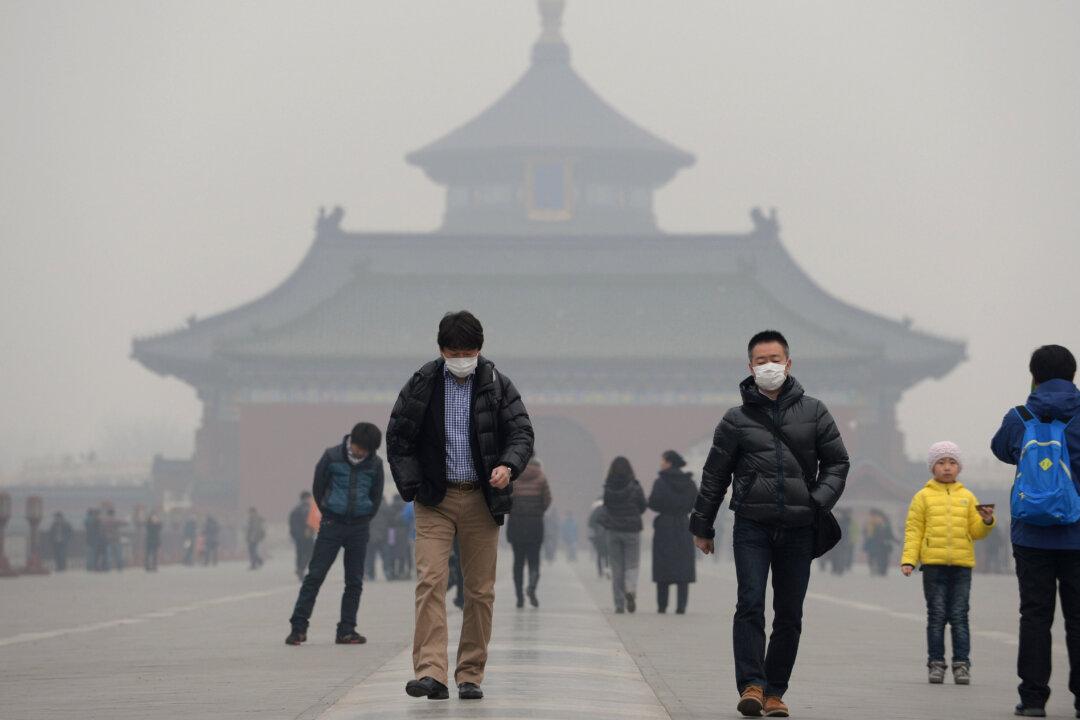Commentary
The history of China repeats itself time and again. Long periods of division lead to unity, while long periods of unity eventually lead to division.

The history of China repeats itself time and again. Long periods of division lead to unity, while long periods of unity eventually lead to division.